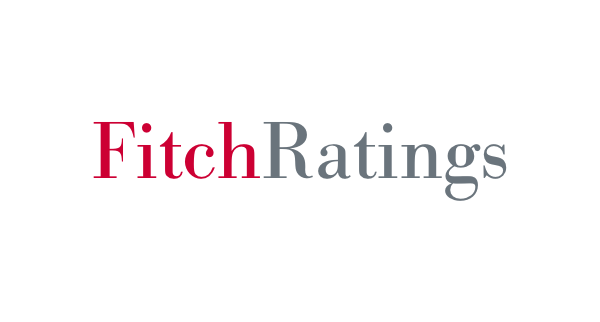
Global rating agency Fitch has cut its India’s economic growth forecast to 6.8 per cent for 2019-20 from the earlier estimate of 7 per cent due to weak momentum in manufacturing and agriculture.
However, it said India economic growth forecast is expected to be 7.1 per cent in 2020-21.
The rating agency in its Global Economic Outlook said that they have cut growth forecasts for thAe next fiscal year (April 2019 to March 2020) on weaker-than-expected momentum, they still see Indian GDP growth to hold up reasonably well at 6.8 per cent followed by 7.1 per cent in April 2020 to March 2021.
Weaker momentum has been mainly domestically driven, it said. First, credit availability has tightened up in areas heavily dependent on non-bank financial company (NBFC) credit like autos and two-wheelers where sales have dropped.
Second, food inflation has been silenced and fell into negative territory late last year, weighing on farmers’ incomes. Banks have been increasing credit to the private sector in recent months, filling the void left by the NBFCs.
Further capital injections and a looser regulatory stance of the Reserve Bank of India (RBI) have eased (though not removed) the state banks’ capital constraints, while the central bank has raised the limit on collateral-free loans that banks can make to farmers (by 60 per cent), helping prevent a decline in bank lending.
Fitch said that fiscal and monetary policies are become growth-oriented. The RBI has adopted a more dovish monetary policy stance and cut interest rates by 25 basis points in its February 2019 meeting, a move backed by steadily decelerating headline inflation.
It said that they have changed their rate outlook and now expect another 25 basis points cut in 2019 amid protracted below-target inflation and easier global monetary conditions than previously envisaged. On the fiscal side, the budget for 2019-20 plans to increase cash transfers for farmers.
Our benign oil price outlook and our expectations of accelerating food prices in the coming months should support rural households’ income and consumption.
On a global level, Fitch said while China and other emerging markets are a key source of weaker demand, there is no onset of a global recession.



